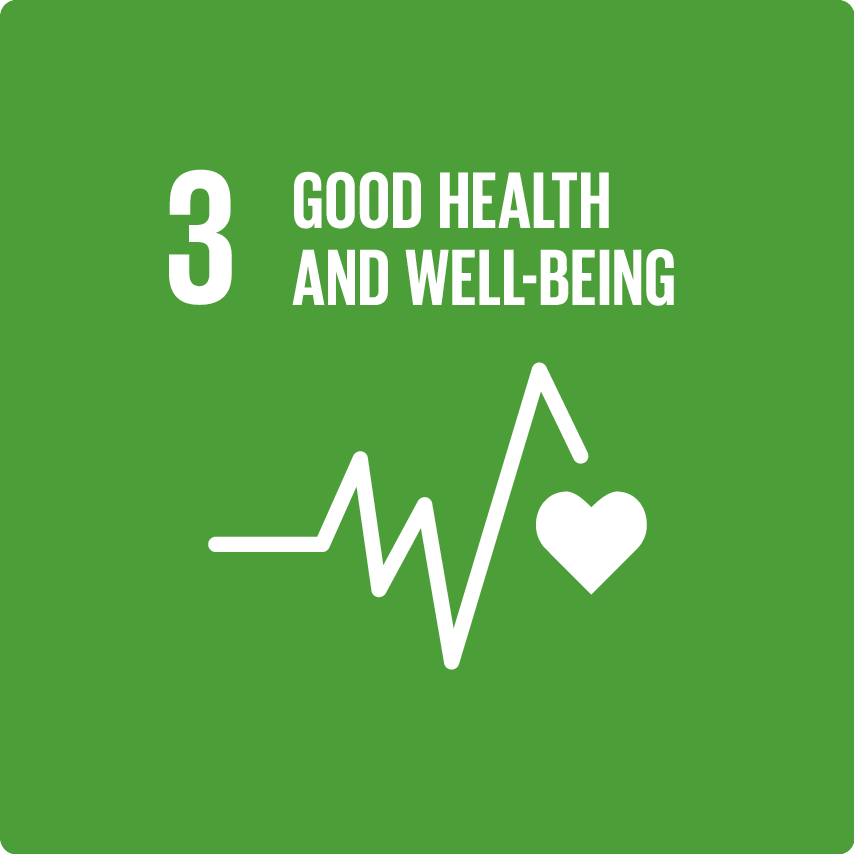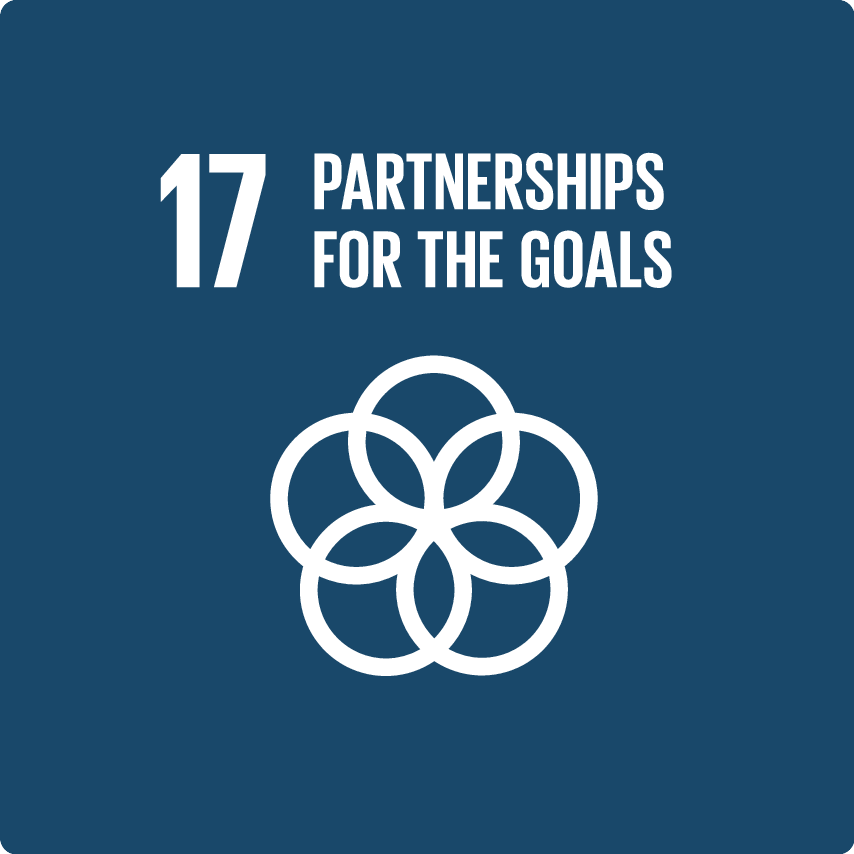ACS: GLOBAL PATIENT NAVIGATION
The program helps advance patient-centered cancer care in resource-limited communities.
SEE ALL PARTNER ORGANIZATIONS
Objectives
According to the World Health Organization and American Cancer Society, 1 in 6 people die from cancer globally, with cancer-related mortality outnumbering deaths from HIV/AIDS, tuberculosis and malaria combined.
Through a ~$2 million grant over five years (2019–2023), the partnership will improve patient support and access to cancer care in sub-Saharan Africa and develop guidance to help low- and middle-income countries adopt similar models of care.
The cornerstone of the ACS patient navigation program is the connection between the patient and the patient navigator. These navigators—whether nurses providing cancer education or lay health workers linking patients to transportation services in the community—play a vital role by supporting patients from the point of diagnosis at a health facility through their treatment journey.
According to the World Health Organization, 1 in 6 people die from cancer globally, with cancer-related mortality outnumbering deaths from HIV/AIDS, tuberculosis, and malaria combined. In resource-limited settings, health care is often fragmented, which can prevent individuals from obtaining a timely cancer diagnosis and receiving high-quality cancer care.
While there have been notable advances in cancer treatment over the past decade, many patients around the world still do not receive timely, coordinated care. Patient navigation is an effective way to help cancer patients overcome the many challenges that may affect their care by providing them with individualized assistance. A successful patient navigation program helps ensure timely diagnosis and treatment, increases rates of treatment completion, and improves patients’ overall quality of life.
Through a nearly $2 million grant over five years (2019-2023), the MSD* Foundation is helping the American Cancer Society (ACS) bring its expertise in patient navigation to resource-limited settings in sub-Saharan Africa as well as develop a toolkit to help low- and middle-income countries adopt navigation programs as part of delivering comprehensive cancer care. Patient navigation holds great potential to help ensure cancer patients in resource-limited settings have access to the care and support they need.
*MSD is known as Merck & Co., Inc. in the United States & Canada
Geographic Reach
- Africa
Disease Area
- Non-communicable diseases
Partner organizations
Emory University
Kenyatta National Hospital
American Cancer Society
Geographic Reach
Africa
- Kenya
- Uganda
Disease Area
Non-communicable diseases
- Cancer

